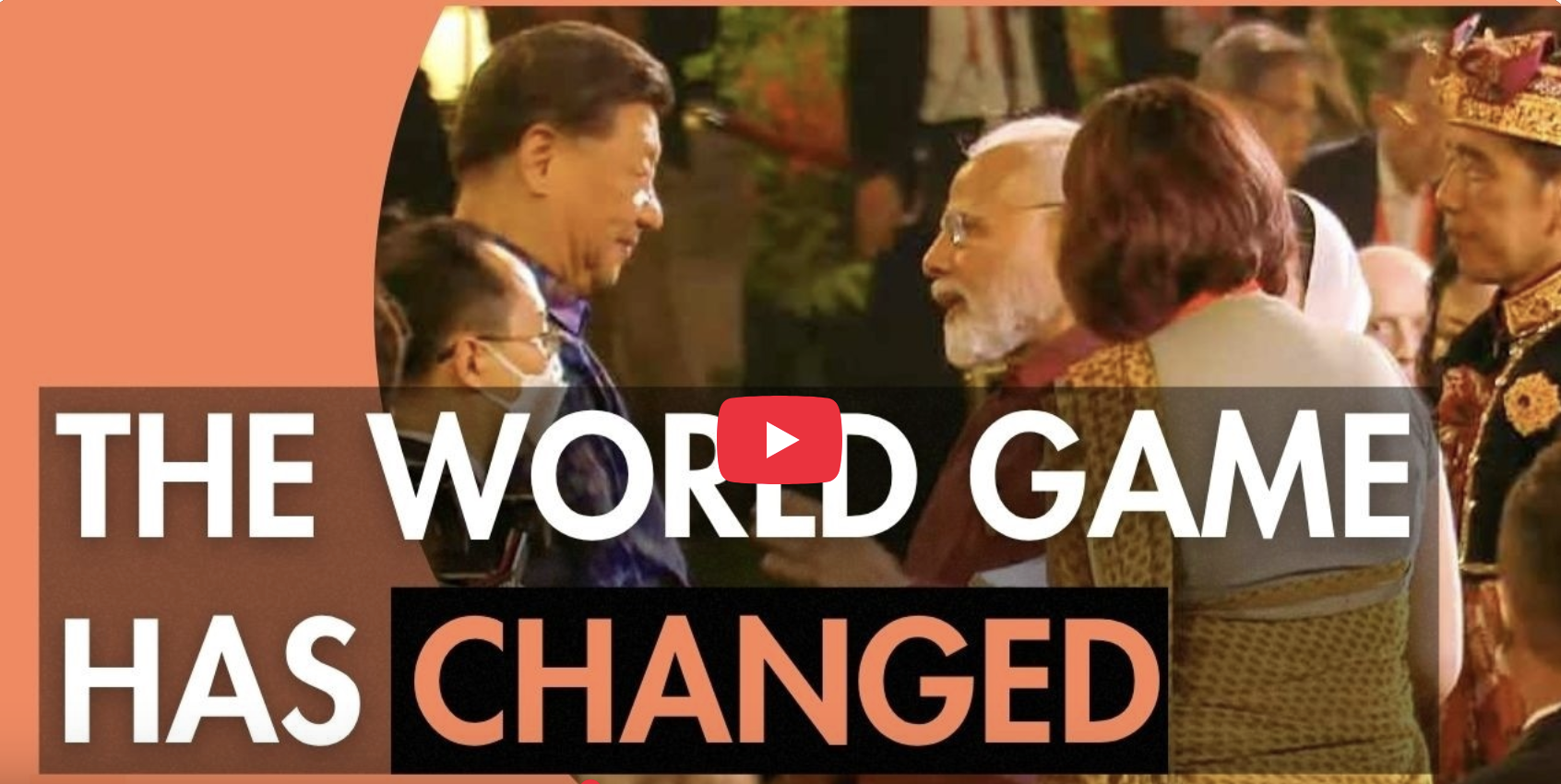I’ll be honest—when I first began following geopolitics, things seemed straightforward: alliances were clear-cut, power blocs rarely shifted, and the news came with predictable talking heads. Fast forward to today, and the ground is anything but steady. This isn’t just about another headline or leader tweeting threats; we’re watching the very playbook of global engagement being rewritten in real time. If you’re a bit dizzy from the constant, dizzying churn of global headlines—US-China tensions heating up, new alliances sprouting overnight, or energy markets behaving like wild horses—you’re not alone. In this post, we're unpacking five vivid signs that the old rules are out, and something entirely new—and unpredictable—is taking shape. Why does it matter? Because these trends are shaping not just policies, but everyday life, democracy, and the very idea of international cooperation.
Diplomacy's Twilight: When Talking Isn’t Enough
You’re witnessing a world where the old rules of diplomacy are fading fast. Geopolitical risks are top of mind as countries increasingly bypass traditional negotiation, opting for public assertion or economic leverage instead. The US-China great power competition still dominates headlines, but the real shift is happening elsewhere—right in the way nations interact, form alliances, and resolve disputes.
Once, tightly-bound alliances like the US-EU partnership or NATO seemed unbreakable. Now, those same alliances are showing visible fractures under new global pressures. Research shows that authority and status, once mainly associated with the West, are diminishing as new power centers emerge. Traditional diplomatic channels are in flux, making global affairs less predictable than ever.
Take the evolving India-China relations. The two Asian giants, with a long and complex history, are now managing border disputes and diplomatic tensions more autonomously. Gone are the days when Western powers, especially the US, were called in to mediate. Instead, Indian and Chinese leaders meet independently, often on the sidelines of platforms like the Shanghai Cooperation Organization (SCO). This organization is quickly becoming a critical venue for Asian powers, reflecting a distinctly non-Western approach to international cooperation.
As one observer put it,
"India and China, the big Asian sisters who are doing it for themselves...working through their complex and longstanding relationship."This quote captures a new reality: these nations are no longer waiting for Western approval or intervention. They’re setting their own terms, and the global rulebook is being rewritten in real time.
Even Australia’s diplomatic outreach is changing. Prime Minister Anthony Albanese’s recent trip to China highlighted direct bilateral dialogue, not US-led mediation. Regular Australia-China annual meetings have taken place for over a decade, and China has been Australia’s largest trading partner for 16 years. This shift signals the decline of Western-centric diplomacy and the rise of more localized, pragmatic engagement.
What does this mean for you? The decline of traditional diplomacy and the emergence of new power centers make the international landscape more volatile. As alliances shift and old channels erode, international cooperation is being redefined—often outside the familiar frameworks of the past.
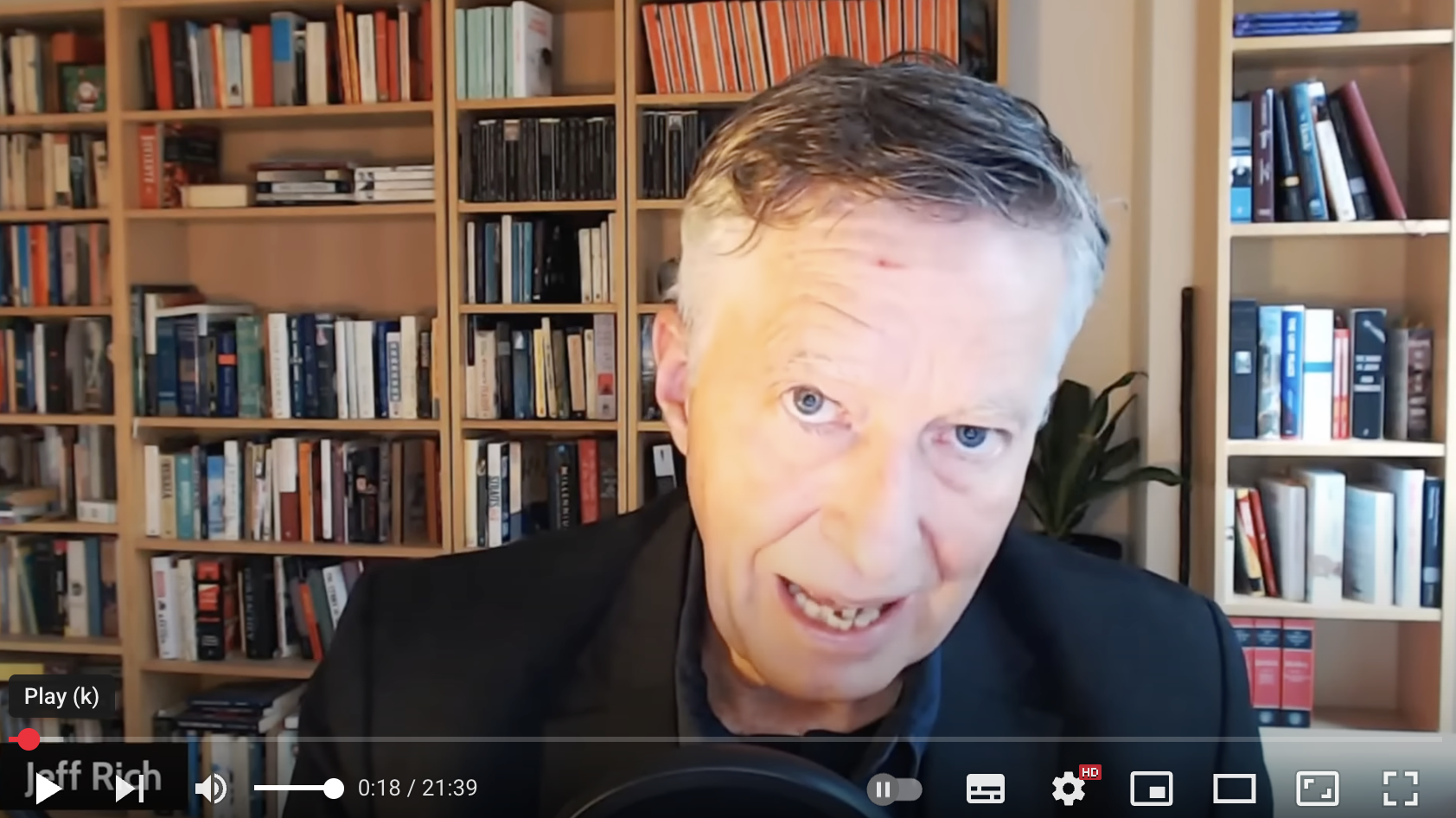 Economic Nationalism: The New Currency of Power" />
Economic Nationalism: The New Currency of Power" />Economic Nationalism: The New Currency of Power
You’re witnessing a dramatic shift in the global economic landscape. Economic nationalism is now the driving force behind trade reconfiguration, as protectionism and tariffs take center stage. Countries are no longer hiding their intentions—domestic interests come first, even if it means breaking with decades-old global trade norms.
Consider Indonesia’s recent stance. After the United States threatened tariffs on Indonesian goods, Indonesia responded with a bold warning: it could scrap US energy imports unless those tariffs are reduced. The Indonesian foreign minister summed up the mood with a phrase echoing across emerging economies:
"That is the price of sovereignty."This sentiment captures the new reality—trade is no longer just about profit. It’s become a tool for asserting political influence, protecting sovereignty, and shaping national identity.
Research shows that as protectionism rises, global economic growth is projected to slow. Trade tensions and uncertainty are now the norm, not the exception. The unpredictable nature of these shifts is forcing businesses and governments alike to rethink their strategies. National interests are driving economic policy choices, making global markets more volatile and less predictable than ever.
You see this play out not just in Indonesia. India, too, is responding assertively to Western economic pressure, leveraging its growing market and strategic position. Across ASEAN, trade ties are being recalibrated, with leaders using tariffs and trade agreements as both shield and weapon. Even long-standing allies are questioning their economic relationships. Australia, for example, is embroiled in a heated debate over the AUKUS security pact. Former officials openly question whether economic ties should be dictated by broader security alliances, reflecting a deeper skepticism about global trade shifts.
From tariff disputes to strategic decoupling, the world is watching as national leaders put domestic prosperity above collective interests. This marks a clear departure from the post-WWII era, when globalism and open markets were the rule. Now, economic pressure—rather than military force—has become the primary means of confrontation.
As trade reconfiguration accelerates, the message is clear: economic nationalism is the new currency of power. The rules are changing, and so is the balance of influence across regions like ASEAN and beyond.
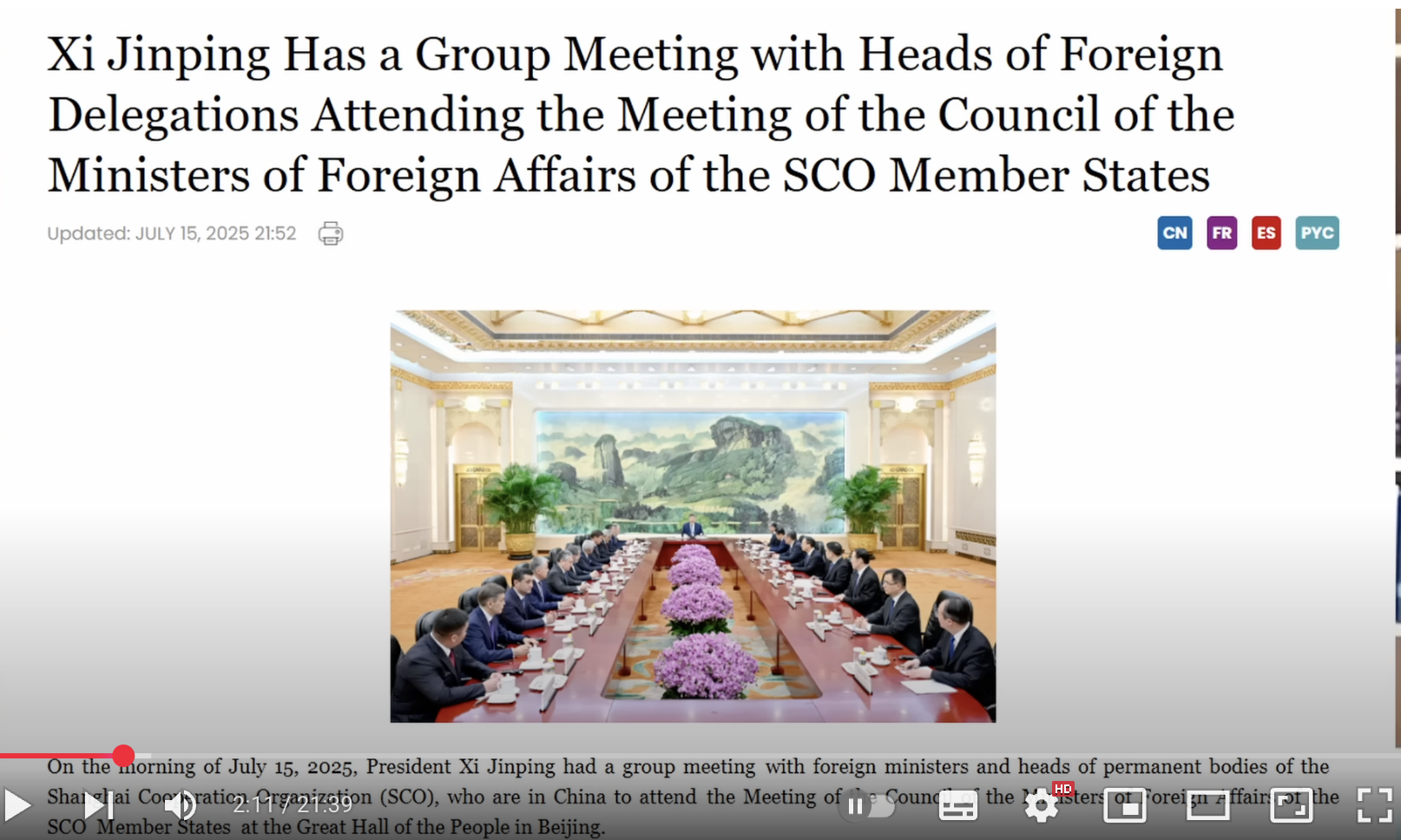
Weaponisation of Trade, Migration, and New Technology
You’re watching the rules of global politics shift in real time. Tariffs, sanctions, and migration policies—once technical levers of economic management—are now unmistakably foreign policy weapons. The weaponisation of trade isn’t just a headline; it’s the new normal. When former U.S. President Donald Trump threatened heavy sanctions on countries trading with Russia, the world’s reaction was telling. Shrugs, mockery, and creative counter-moves followed. Russian Foreign Minister Sergei Lavrov summed up the unpredictability, saying,
"The challenge of Trump is not how to recognize when he's made a turn. It's to know when it's the last one."
This unpredictability in US policy competition is only one piece of the puzzle. Research shows that technology and AI have moved from buzzwords to powerful tools of influence and control. Digital platforms now let states bypass traditional diplomacy, shaping international perception in real time. You see this in the rise of cyber warfare threats and AI-driven influence campaigns, which are rapidly escalating global risks. These tools can target critical infrastructure, manipulate narratives, and even disrupt elections.
Emerging technology in politics is also empowering new players. At the Racine Dialogue—often described as the Indian Davos—Dr. S. Jaishankar spoke of a world order in "great churn," calling for new thinking and creative solutions. India’s soft power push, mirrored by similar moves from Indonesia, China, and Russia, signals that global power is no longer just about military might or economic firepower. Instead, it’s about who can control the flow of information and shape the digital landscape.
Traditional means of influence—trade, migration, and media—are now turbocharged by technology and AI. From digital propaganda to algorithmic nudges, nation-states have fresh arsenals at their disposal. Those not playing along risk being left out or, worse, becoming targets of these new modes of influence. As global supply chains shift and cyber warfare threats grow, you’re seeing a world where the old geopolitical rulebook no longer applies. The lines between economic policy, security, and digital influence are blurring, and the consequences are playing out on the world stage every day.
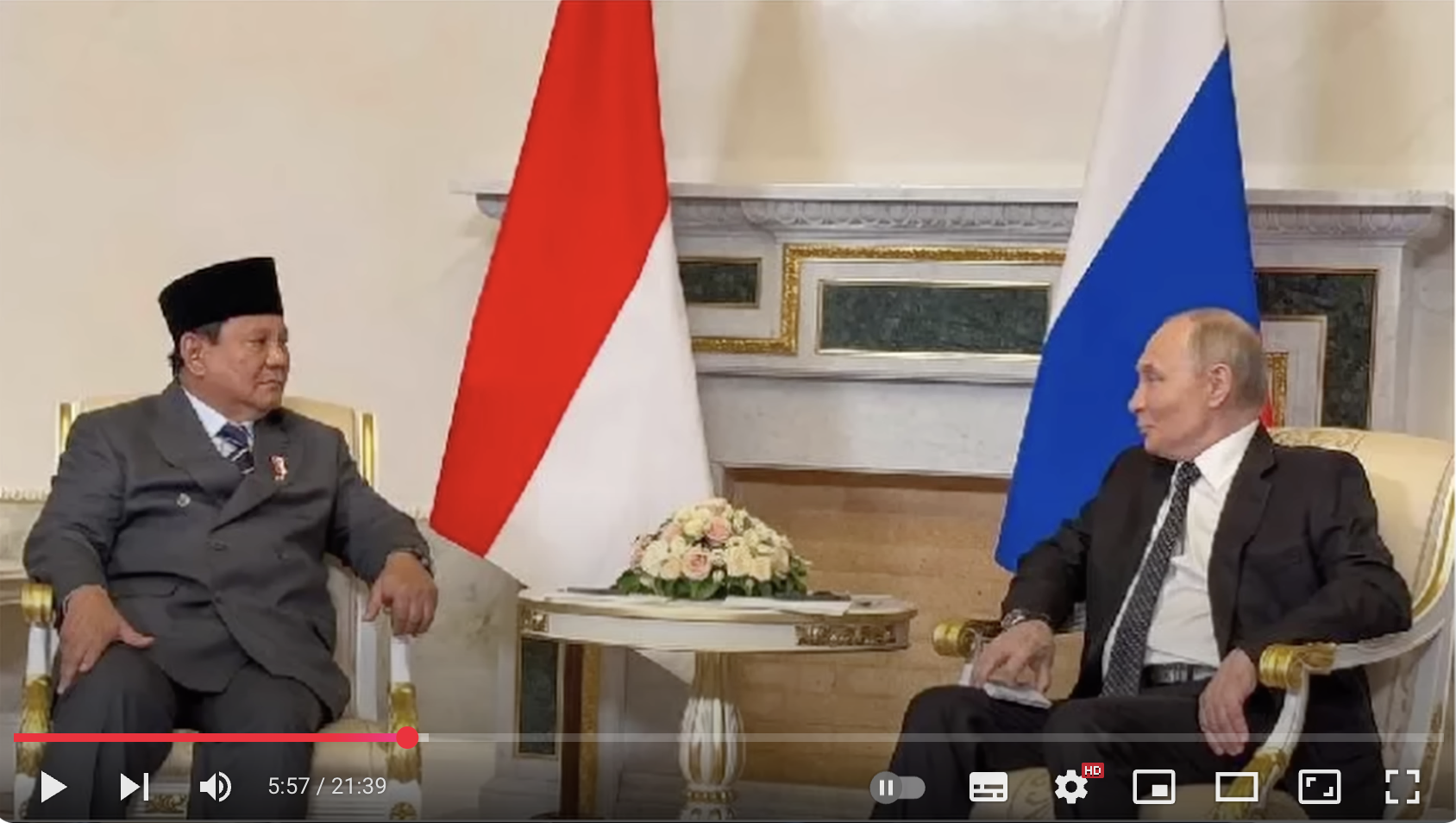
Cracking Alliances: When ‘United’ No Longer Means Agreement
You’re witnessing a moment where the very idea of global alliances is being rewritten. The EU and NATO—once symbols of unwavering unity—are now showing unmistakable signs of erosion. As global alliances erosion accelerates, national security concerns and geopolitical risk in 2025 are becoming more unpredictable than ever.
Recent events have exposed these cracks. The Hungarian incident, where a Hungarian man died in a Ukrainian prison after being caught up in forced conscription, has sent shockwaves through both the EU and NATO. This tragedy didn’t just highlight the brutality of war; it revealed how internal disputes can undermine the solidarity of even the most established alliances.
Countries like Hungary and Slovakia are openly questioning the direction of NATO. Slovenia, in a move that would have been unthinkable just a few years ago, is holding a referendum on whether to remain in the alliance. Spain and Ireland have also started to break from the general EU/NATO consensus, especially regarding Israel, with some governments even considering sanctions. As one observer put it:
"There's growing pressure emerging on the solidity of NATO support... [even] Slovenia has begun a process... to leave NATO."
What does this mean for international cooperation? Gone are the days when alliances guaranteed synchronized action. Instead, you see a patchwork of responses, with each nation prioritizing its own interests—whether driven by populist politics, local security dilemmas, or shifting public opinion. The result is a landscape where protectionism and nationalism are on the rise, and the notion of a united front is fading fast.
Research shows that these alliance fractures introduce new uncertainties into the global security environment. Internal disagreements are increasingly undermining formerly reliable strategic partnerships. The US, once the undisputed central node of global diplomacy and trade, is no longer the automatic leader. Even within the so-called “West,” divisions are deepening—between the US and Europe, and among European states themselves.
This isn’t just about policy differences; it’s about a fundamental shift in how nations approach security and cooperation. As the world heads deeper into 2025, you’re left with a geopolitical rulebook that’s being rewritten in real time—one where alliances are less about unity and more about managing a fragile, ever-shifting balance of interests.
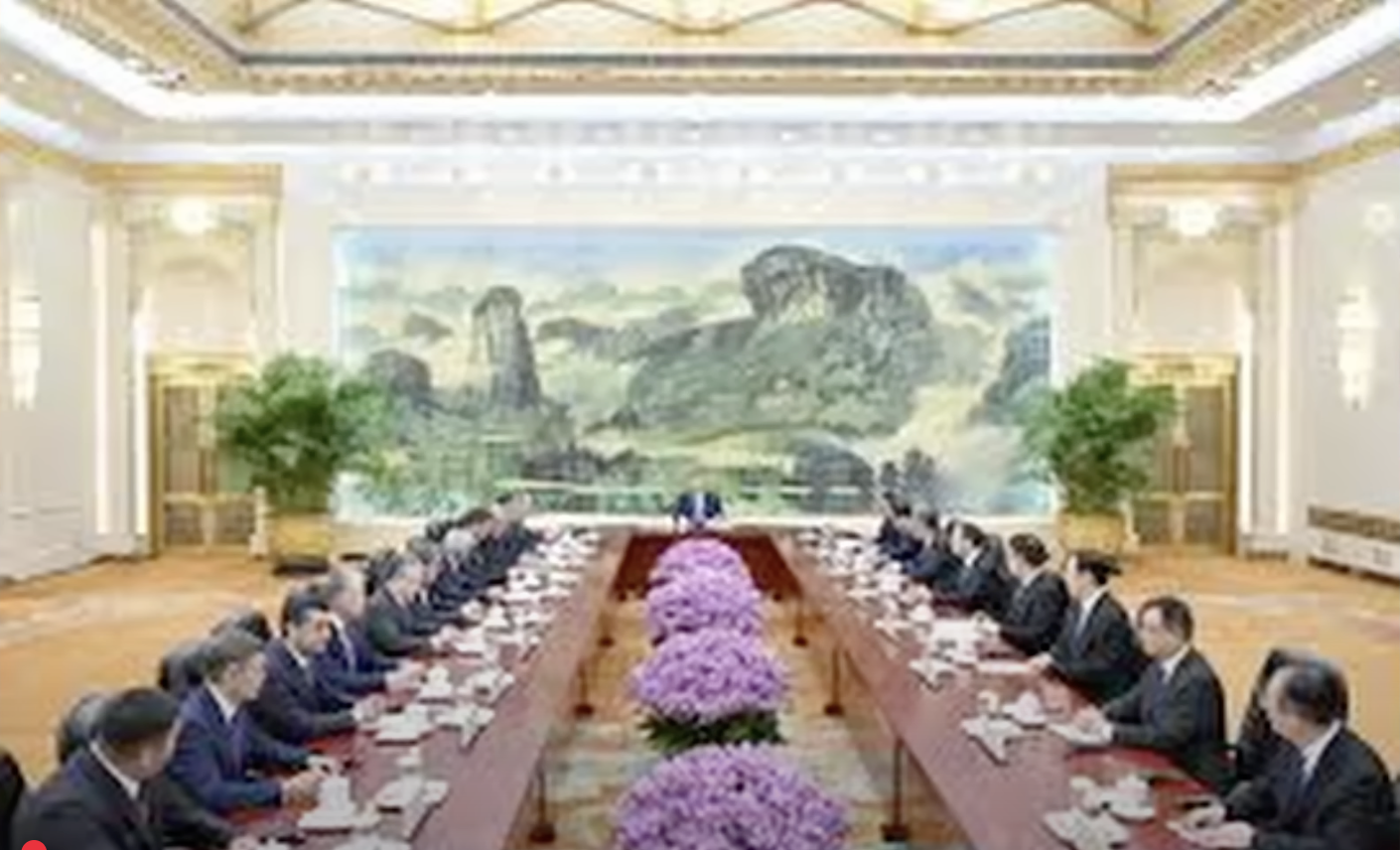
Conclusion: The Quiet Revolution and an Open Question
You’re living through a quiet revolution in global politics. The old rulebook—once written and enforced by the West—is being rewritten, often in real time, by a chorus of new voices. Today, there’s no single author or final arbitrator. Instead, countries like India, China, Indonesia, and Russia are shaping international cooperation and setting their own agendas. The Racine Dialogue, for example, is now overtaking Davos as a gathering point for economic and political power, reflecting this shift toward a multi-polar world.
Dr. S. Jaishankar, India’s External Affairs Minister, captured the urgency of this moment at the Racine Dialogue. He called it a “great churn” in world order, emphasizing,
“It really does require new, thinking, new conversations, fresh ideas, and creative solutions.”The message is clear: the global landscape is changing, and so must our approach to the challenges ahead.
Research shows that new power centers are designing their own rules, and this demands fresh civic and policy approaches. The days when all roads led to Washington are over. Now, Beijing, Delhi, Jakarta, and Moscow are just as significant. This decentralization brings both opportunity and risk. Global growth projections are more uncertain, with geopolitical risks top of mind for investors and policymakers. Trade patterns are shifting, and emerging technology in politics is rewriting the way influence is wielded. Meanwhile, the climate change geopolitical impact is intensifying, as energy shocks and environmental crises reshape alliances and priorities.
But here’s the deeper truth: pluralism, dialogue, and openness—once assumed—are no longer guaranteed. They must be actively defended, not just by leaders, but by you, the citizen. The new world order doesn’t come with a manual. It’s being shaped by those who show up, ask questions, and demand accountability. As established powers lose their centrality and old alliances dissolve, the responsibility to defend peace and pluralism falls to all of us.
So, take a moment to reflect. Are you prepared to navigate and shape this new global order responsibly? The rules are still being written. The question is—will you help write them?
TL;DR: The established rules of global politics are dissolving, opening the door to unpredictability and new power centers. By grasping these five major signals of change, we can better prepare ourselves to navigate—and help shape—an evolving and uncertain world order. The question is no longer 'if' the rulebook is changing, but how we will respond to the new game that’s being played.
Hats off for the thought-provoking content that sparks public reflection.
